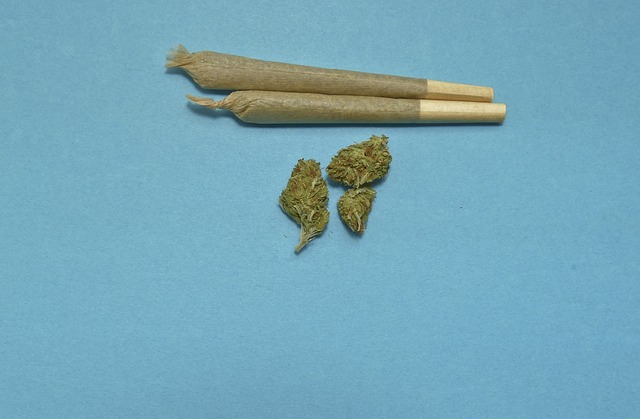Δ9-tetrahydrocannabinolic acid (THCA), a non-psychoactive cannabinoid found naturally in hemp and cannabis, has garnered attention in the UK for its potential health benefits and distinct therapeutic properties. Despite being classified as a Class B controlled substance under the Misuse of Drugs Act 1971 when it exceeds certain thresholds, THCA products with less than 0.2% THC are legally permissible in the UK under the EU's Novel Food Regulation. This exception allows for the sale of Indacloud thca flower provided it is sourced from licensed hemp producers and remains non-decarboxylated. The legal status of THCA is complex, with regional differences across the UK's constituent countries, necessitating a careful approach to compliance. As of early 2023, THCA is legal in certain UK countries under specific conditions, offering a way to benefit from cannabis without psychoactive effects. Preliminary studies suggest THCA may have anti-inflammatory, neuroprotective, and analgesic properties, making it an object of scientific interest and a potential therapeutic agent within the framework of UK regulations.
Exploring the multifaceted nature of THCA flower, this comprehensive article delves into the cannabinoid’s legality and availability within UK borders. From its molecular makeup to its potential effects, we unravel the science behind THCA, a non-psychoactive precursor to THC, and its growing role in wellness practices. As THCA flower gains prominence for its therapeutic properties, understanding its legal status, sourcing options, and consumption methods becomes increasingly important for consumers in the UK. This article navigates through the intricate details of THCA’s chemistry, its differences from THC, and how it fits into the broader entourage effect with other cannabinoids and terpenes. We also explore the latest research on THCA, its storability, and how it can be integrated into a holistic health regimen, ensuring readers are well-equipped with knowledge on this burgeoning aspect of the UK’s legal cannabis landscape.
- Understanding THCA: The Natural Precursor to THC
- The Legal Status of THCA Flower in UK Countries
- Sourcing High-Quality THCA Flower Legally in the UK
- The Chemistry Behind THCA: A Closer Look at Its Molecular Structure
- Potential Benefits and Effects of Consuming THCA Flower
Understanding THCA: The Natural Precursor to THC
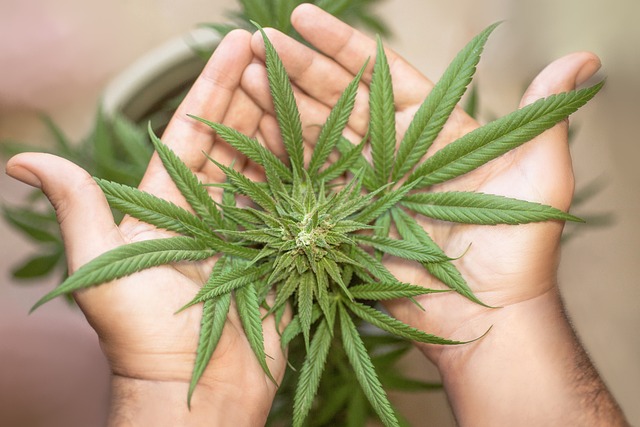
Delta-9-tetrahydrocannabinolic acid, commonly known as THCA, is a naturally occurring compound found in the Cannabis sativa plant. It’s the precursor to THC, the psychoactive substance well-known for its effects when cannabis is smoked or vaporized. As research continues to unravel the intricacies of the cannabinoid family, THCA has garnered attention due to its potential therapeutic properties, which are distinct from those of THC. In the UK, where cannabis laws have evolved to distinguish between CBD-rich and THC-rich products, THCA’s legal status is particularly relevant. Unlike its psychoactive counterpart, THCA is currently legal in the UK under certain conditions, provided it contains less than 0.2% THC by weight. This legislative threshold allows consumers to access products containing THCA, which are believed to offer benefits such as anti-inflammatory and neuroprotective effects without the psychoactive high associated with THC. As a result, THCA has become an object of interest for those seeking the medicinal properties of cannabis without the intoxicating effects, reflecting a growing market for hemp-derived products within legal frameworks across UK countries.
The Legal Status of THCA Flower in UK Countries
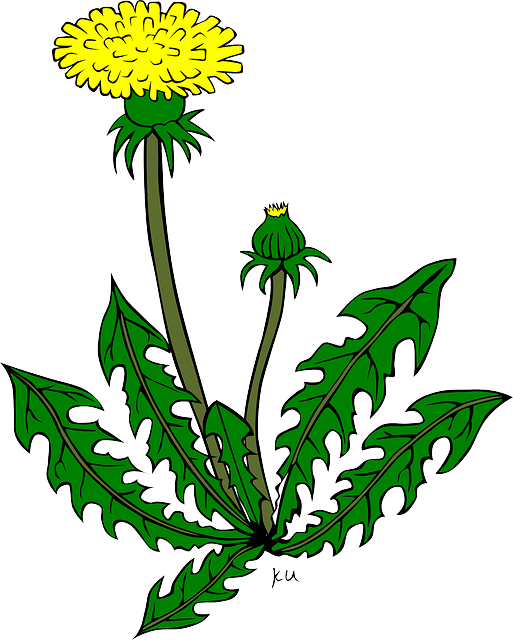
The legal status of THCA flower, a cannabinoid found naturally in hemp and cannabis plants, has been a topic of considerable interest and debate within the UK. As of my knowledge cutoff date, THCA, or Tetrahydrocannabinolic Acid, remains a controlled substance under the Misuse of Drugs Act 1971 in the UK. This legislation classifies THCA as a Class B drug when it exceeds a certain threshold. However, the legal landscape can be nuanced, with distinctions made between hemp-derived and cannabis-derived THCA products. Hemp-derived products containing no more than 0.2% THC are legally permissible under the EU’s Novel Food Regulation, provided they comply with specific regulations regarding their sale and marketing. This regulation has opened a pathway for certain THCA flower products to be legal in the UK, particularly if they are imported from licensed hemp producers where THCA is present but not psychoactive due to not being decarboxylated (heated) to become THC. It’s crucial for consumers and businesses alike to stay informed about the evolving legal framework surrounding THCA as interpretations and applications of the law can vary across different UK countries, with Scotland, England, Wales, and Northern Ireland each having their own devolved administrations that may issue additional guidance or regulations.
Sourcing High-Quality THCA Flower Legally in the UK
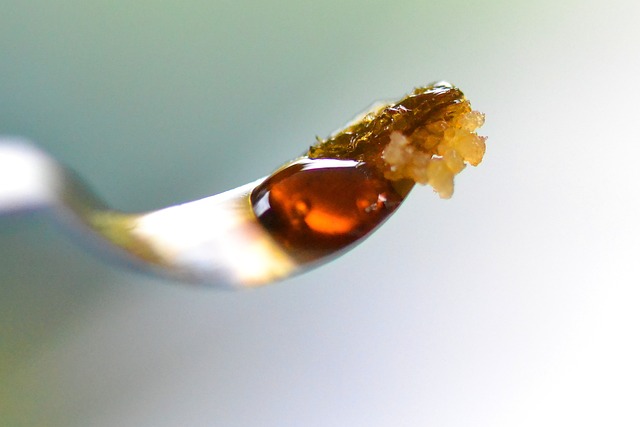
navities, online dispensaries, compliance with local laws, and established suppliers that adhere to strict quality control measures. In the UK, the legal landscape for THCA flower is distinct from other cannabinoids due to its non-psychoactive nature, allowing for broader access within the confines of the law. Prospective users interested in sourcing high-quality THCA flower legally must first understand the UK’s legal framework surrounding cannabis derivatives. It is crucial to source products from reputable online dispensaries that operate within the legal boundaries set forth by the Misuse of Drugs Act 1971 and its subsequent amendments, ensuring that the THCA flower contains less than 0.2% THC, which is the psychoactive component of cannabis. Consumers should prioritize vendors that provide clear lab test results to verify the purity and potency of the THCA flower. Additionally, staying informed about local regulations in different UK countries is essential, as laws can vary by region. By adhering to these guidelines, individuals can responsibly enjoy the therapeutic properties of THCA flower while remaining compliant with UK legislation.
The Chemistry Behind THCA: A Closer Look at Its Molecular Structure
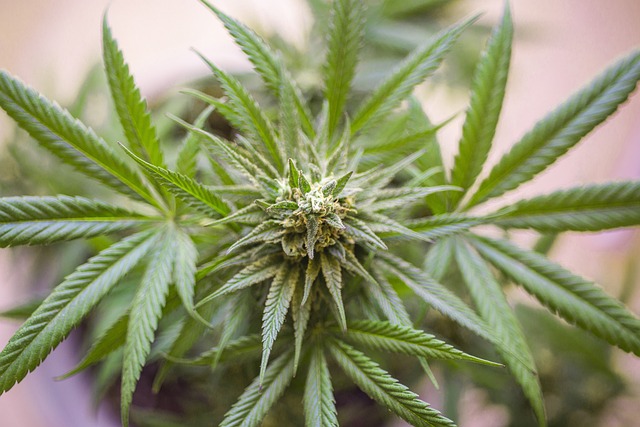
Delta-9-tetrahydrocannabinolic acid (THCA) is a naturally occurring cannabinoid found in the Cannabis sativa plant, which exists in abundance within raw cannabis flowers. Despite its legal status in various UK countries, where it is regulated similarly to medicinal substances, THCA has garnered significant scientific interest due to its potential therapeutic properties. The molecular structure of THCA is intricate; it contains a cyclic ether and an alkyl side chain at the carbon 9 position, which differentiates it from its psychoactive counterpart, delta-9-tetrahydrocannabinol (THC). This structural nuance means that THCA itself does not bind effectively to cannabinoid receptors in the brain, thus not inducing the typical “high” associated with cannabis use. Instead, THCA is being studied for its anti-inflammatory and potential neuroprotective effects. When exposed to heat or light, THCA undergoes a process called decarboxylation, converting it into THC, which then interacts with the endocannabinoid system. The precise arrangement of atoms in THCA’s molecular framework, including its pentyl ring and phenolic hydroxyl group, influences its pharmacological profile and therapeutic potential, making it a subject of intense research within the legal framework of UK countries where such studies are permitted. Understanding the chemistry behind THCA’s structure not only broadens our knowledge of cannabinoids but also paves the way for the development of new medications and therapeutic interventions based on this non-psychoactive cannabinoid.
Potential Benefits and Effects of Consuming THCA Flower
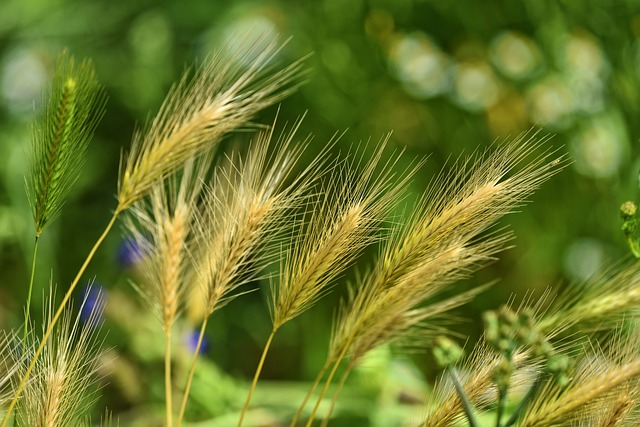
THCA, or tetrahydrocannabinolic acid, is a non-psychoactive cannabinoid found in the cannabis plant that has garnered attention for its potential therapeutic properties. As of my knowledge cutoff in early 2023, THCA is legal in various UK countries under specific conditions. Consuming THCA flower could offer a range of benefits without the psychoactive effects associated with its decarboxylated form, THC. Preliminary research suggests that THCA may have anti-inflammatory, neuroprotective, and analgesic properties, making it a subject of interest for individuals seeking relief from various conditions, including pain and inflammation, without the mind-altering effects of cannabis.
Furthermore, THCA is often highlighted for its potential role in promoting overall wellbeing. Unlike its heated counterpart, THC, THCA does not induce euphoria or impair cognitive functions. Users who partake in THCA flowers typically report feeling clear-headed and focused while experiencing the therapeutic effects. The legal landscape in the UK for THCA products is evolving, with countries like England, Scotland, and Wales permitting the sale and use of cannabis derivatives containing significant levels of CBD and trace amounts of other cannabinoids, including THCA, provided they are derived from industrial hemp that meets specific regulatory requirements. As such, THCA flower represents a legal avenue for individuals to explore the potential health benefits associated with cannabinoids.
In recent discourse surrounding cannabinoids, THCA (tetrahydrocannabinolic acid) has emerged as a subject of significant interest due to its potential benefits and unique chemical properties. This article has elucidated the intricate nature of THCA, its status within UK legal frameworks, and the nuances of sourcing it legally. The molecular structure of THCA, which predates its psychoactive form THC, offers a promising area of exploration for those interested in the therapeutic aspects of cannabinoids. As we conclude, it’s clear that THCA’s legal standing in UK countries presents both opportunities and challenges for researchers, consumers, and policy-makers alike. Prospective benefits and effects associated with THCA consumption suggest a promising avenue for future study and product development within the regulated cannabis market in the UK.
